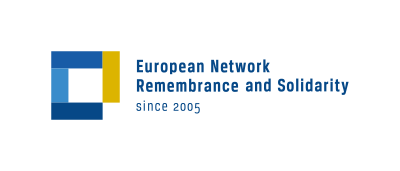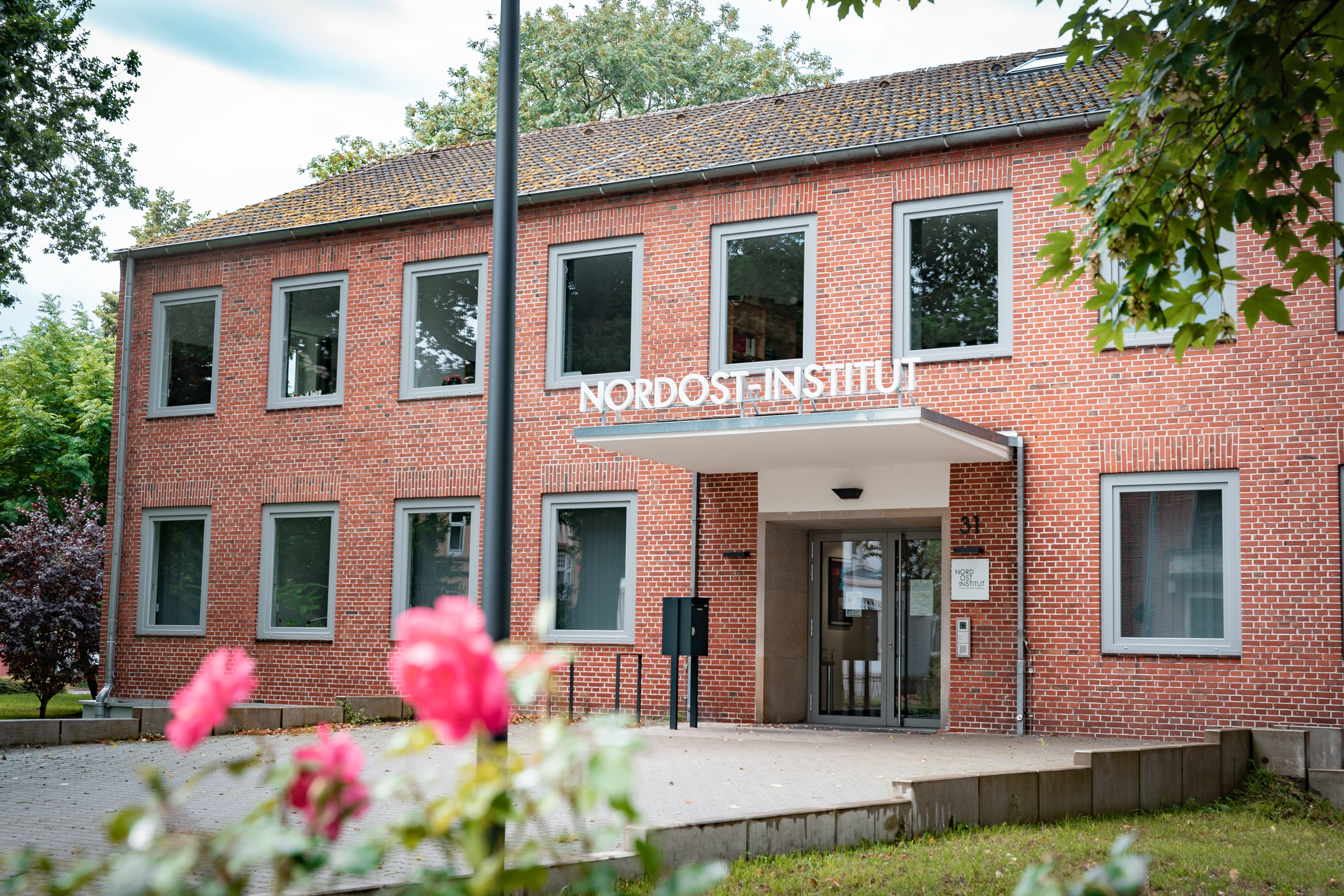Address and Contact
Nordost-Institut (IKGN e.V.)
Lindenstraße 31
21335 Lüneburg
Germany
Telephone: + 49 4131 40059 - 0
FAX: + 49 4131 40059 - 59
E-Mail: sekretariat@ikgn.de
General telephone service hours:
Monday – Thursday, 10:00 a.m. - 12:00 p.m. and 1:30 p.m. - 3:00 p.m.
Friday, 10 a.m. – 12:00 p.m.
Directory


Arbeitsbereich Russland/GUS/Sowjetunion
Victor Dönninghaus
E-Mail senden


Schwerpunkt Estland
E-Mail senden

Schwerpunkt Lettland
E-Mail senden


E-Mail senden
(Beurlaubt)
Agnieszka Pufelska ist vom 15. September 2024 bis zum 15. Februar 2025 Fellow am Wissenschaftskolleg zu Berlin.

(Beurlaubt)
Katrin Steffen ist vom 1. September 2020 für fünf Jahre beurlaubt und nimmt in dieser Zeit die DAAD-Professur für "European and Jewish History and Culture" an der University of Sussex in Großbritannien ein.




E-Mail senden

E-Mail senden



E-Mail senden




- Dr. Sabine Bamberger-Stemmann
Send e-mail
- Prof. Dr. Hans-Jürgen Bömelburg
Send e-mail
- Dr. Dr. h.c. Alfred Eisfeld
Send e-mail
- Dipl-Germ. Victor Herdt (1949 - †2023), Nachruf
- Dr. Andreas Lawaty
Director of the Northeast Institute (IKGN e.V.) from 2002 to 2010
Send e-mail
- Dr. Konrad Maier (1958 - †2013)
- Prof. Dr. Joachim Tauber
Director of the Northeast Institute (IKGN e.V.) from 2010 to 2024
- Prof. Dr. Karsten Brüggemann
Send e-mail
- Florian Coppenrath M.A.
Former scientific editor of the Joint Commission for Research into the Recent History of German-Russian Relations
Send e-mail
- Dr. Björn M. Felder
Send e-mail
- Dr. Imke Hansen
Send e-mail
- Lena Radauer M.Sc.
Former Scientific Coordinator of the Joint Commission for Research into the Recent History of German-Russian Relations
- Prof. Dr. Ralph Schattkowsky
Send e-mail or e-mail
Grant recipients and interns
Since 2017, the Nordost-Institut (IKGN e. V.) has been offering short-term scholarships (1-3 months) for a research stay at the institute. The scholarship programme is aimed at both established researchers and early career researchers.
The contact person for a scholarship is Detlef Henning.
Students enrolled at a German or European university have the opportunity to complete an internship at the Nordost-Institut (IKGN e. V.). As a rule, an internship lasts three weeks and involves working in the library, publications and research departments of the institute.’
The contact person for internships is Detlef Henning.
Employment opportunities and open positions
The articles are not available in English.
You are welcome to consult the German version.
The IKGN e.V. Association



Die Beauftragte der Bundesregierung für Kultur und Medien
represented by:
Stefan Schmitt-Hüttebräuker
(Vorsitzender des Kuratoriums)
Referat K 44
Graurheindorfer Straße 198
53117 Bonn
Bundesinstitut für Kultur und Geschichte der Deutschen im östlichen Europa (BKGE)
represented by:
Prof. Dr. Matthias Weber
(Stellvertreter der Kuratoriumsvorsitzenden)
Johann-Justus-Weg 147 a
26127 Oldenburg
Niedersächsisches Ministerium für Wissenschaft und Kultur
represented by:
Klaus Engemann
Stabsstelle VFS
Georgsplatz 9
30157 Hannover
Universität Hamburg
represented by:
Prof. Dr. Anja Tippner
Institut für Slavistik
Arbeitsbereich Europäische Geschichte
Überseering 35
22297 Hamburg
Georg-August-Universität Göttingen
represented by:
Dr. Maria Rhode
Seminar für Mittlere und Neuere Geschichte
Heinrich-Düker-Weg 14
37073 Göttingen
Vertreter der Mitgliederversammlung im Kuratorium
Prof. Dr. Dietmar Neutatz
Albert-Ludwigs-Universität Freiburg
Historisches Seminar
79085 Freiburg
Prof. Dr. Alvydas Nikžentaitis
Lietuvos Istorijos Institutas (Institut für Geschichte Litauens)
St. Kražių 5
01108 Vilnius/Litauen
Prof. Dr. Tanja Penter
Universität Heidelberg
Historisches Seminar
Grabengasse 3-5
69117 Heidelberg
Baltische Historische Kommission e.V.
Deutsches Kulturforum östliches Europa e.V.
Historische Kommission für ost- und westpreußische Landesforschung e.V.
Kommission für die Geschichte der Deutschen in Polen e.V.
Lietuvos Istorijos Institutas (Institut für Geschichte Litauens), Vilnius/Wilna, Litauen
Stiftung Martin-Opitz-Bibliothek
Uniwersytet Mikołaja Kopernika (Nicolaus Copernicus Universität), Toruń/Thorn, Polen
Wissenschaftliche Kommission für die Geschichte der Deutschen in Russland und der GUS e.V.
History of the Institute
September 2000: The federal government approves the implementation of the “Concept for the Investigation and Presentation of German Culture and History in Eastern Europe”. A new institute is established in Lüneburg as successor to the Institute for Northeast German Cultural Work in Lüneburg and the Research Group in Göttingen, two earlier historical research institutions. The sponsorship of the new institute derives from the Interior Ministry through the newly-created office of a Federal Authority for Culture and Media (BKM).
October 2019
“The institutions supported by the BKM possess a high degree of competence in research and instruction and are all closely connected with the university system. . . . Thanks to its outstanding understanding of the particular conditions and research situation in the present-day states of central and eastern Europe, and to its linguistic competence, the faculty have considerable importance in helping to determine the advancement of knowledge and the need to strengthen the research presence in universities both at home and abroad, as well as in supplying expert political advice. These goals will be achieved through original research, university instruction and ongoing dialogue with colleagues at home and abroad.”
Network











